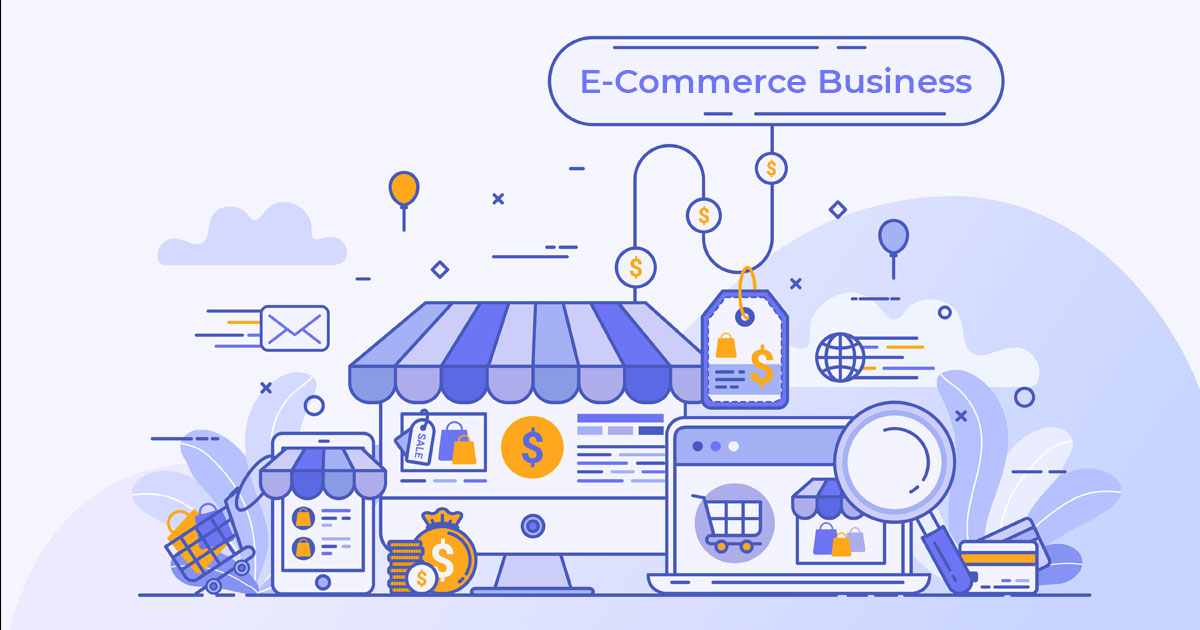Have you been looking to expand your knowledge of a foreign language with the help of a conversational online tutor?
You are certainly not alone. Whether you will be travelling to a non-English country or you wish to relocate to a far-off region, learning a foreign language will certainly come in handy.
However, what about businesses that are hoping to expand their demographic into entirely unique marketplaces? While tutoring can be great in terms of training individual team members, we need to remember that website design can also make or break the presence of any e-commerce portal.
Let’s, therefore, take some time to examine why adding numerous languages to an existing website represents a powerful strategy. Readers may be surprised to learn about how common of an approach this has recently become.
Catering to Surprising Statistics
One of the most pervasive myths is that English is the “root” language of the Internet. So, many businesses feel that adding extra options is simply a waste of energy. Recent statistics have all but ablated this belief.
It has been shown that only 25.9 percent of Internet users consider English to be their main language.
Simply stated, close to 75 per cent of a potential audience may be lost if additional languages are not made available. This is even more relevant if you happen to be expanding into burgeoning marketplaces (such as Asia and India).
Reduce Bounce Rates While Simultaneously Increasing Conversions
Imagine for a moment that you are searching for a specific product. You encounter two websites that offer this item. Each site is located in a non-English country. One automatically directs you to a page dedicated to English while the other is only available in its native language. Which e-commerce vendor would English speakers be more likely to choose?
Unfortunately, this is a very common occurrence. The fact of the matter is that consumers are much more likely to purchase a product or service if it is offered in their native language. This helps to mitigate bounce rates (the number of users visiting and subsequently leaving a page) while increasing conversions (the number of sales being made). Simply stated, a multilingual approach to e-commerce represents an excellent return on investment.
Boosting Brand Identity
Brand reputation is another crucial metric to consider. Read our post on Corporate communication tools to power up your Brand identity.
After all, word of mouth goes a long way towards defining a transparent and client-centred company. Customers are now looking for a streamlined shopping experience that presents them with the most convenient means to find what it is that they happen to be looking for.
Providing multiple pages in different languages illustrates that the firm in question cares about the desires of its audience. This helps to boost loyalty and it will obviously have a positive effect upon how others view its products or services.
SEO Advantages
We are all aware that search engine optimization (SEO) represents the core foundation of any e-commerce website. However, what effects will a multilingual strategy have upon SEO? There are two main takeaway points to be stressed here.
First and foremost, major search engines such as Google and Bing look favourably upon websites that offer automatic redirects to pages based on where visitors are located.
Secondly, it should be mentioned that some native search engines may not support the English language. Entire markets could therefore be sacrificed as a result. Also read our guide on image SEO for eCommerce website
Cost Savings
E-commerce vendors are always looking for ways in which they can reduce ongoing operational expenses without sacrificing effective marketing techniques. One potent solution involves the creation of a multilingual website. Surprisingly, the cost of designing such a site is virtually identical when compared to a standard single-language portal. The major difference is that a much wider audience can be reached and once again, this equates to an appreciable return on investment.
Higher SERP Rankings
Search engine results page (SERP) rankings will determine the visibility of an e-commerce website and therefore, the number of visitors that it obtains. Offering multilingual support is one of the most effective ways to increase these rankings within a relatively short period of time. This is obviously crucial when we consider the sheer amount of competition present within the current e-commerce community.
To provide an example, SEO guru Neil Patel increased the traffic to his website by a staggering 47 per cent in just under one month by adopting a multilingual approach.
Adding Another String to the Bow
These are some of the main reasons why a multilingual approach to SEO should represent a facet of any solid e-commerce strategy. As the world becomes ever more interconnected, there is no doubt that the ability to support numerous different languages will become entirely common. It, therefore, pays to remain well ahead of the curve so that competitors can be kept at bay.


